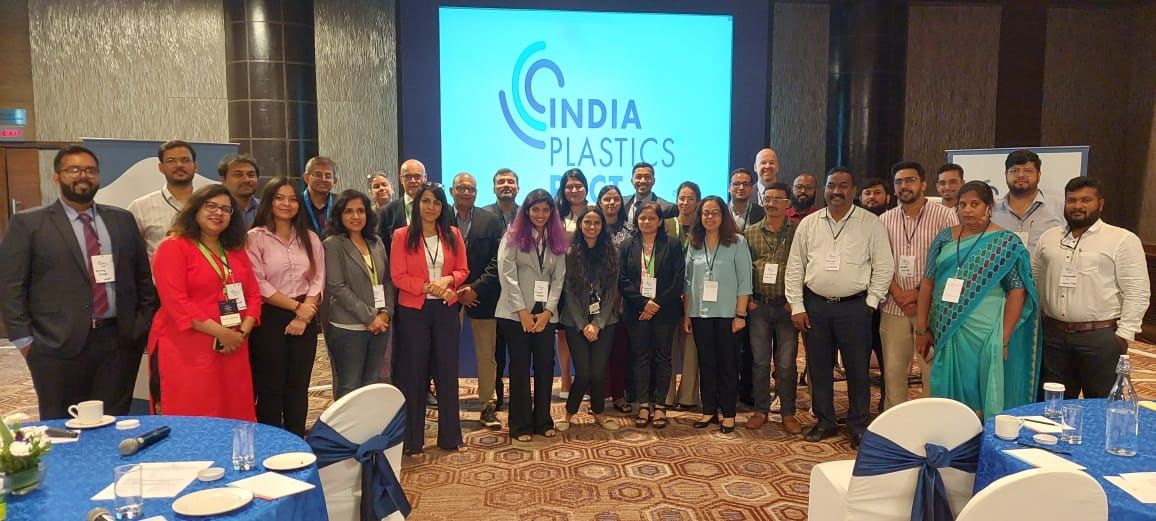47 companies create a circular plastics economy through the India Plastics Pact
The India Plastics Pact launched the Roadmap to 2030 in August 2022. The roadmap is a shared action plan for signatories of the Pact to build a circular plastics economy in India. It outlines key activities, expected outcomes, and a timeline for delivery
10 Jun 2023 | By Abhay Avadhani
The India Plastics Pact (IPP), launched in September 2021 is an initiative developed by the Confederation of Indian Industry (CII) and WWF-India. The Pact is currently managed and anchored at the CII-ITC Centre of Excellence for Sustainable Development (CESD); and is supported by Waste and Resources Action Programme (WRAP), a global NGO based in the UK.
The Pact aims to unify stakeholders from across the plastics value chain to create a circular economy for plastics packaging. Signatories of the Pact include companies such as Coca-Cola India, Banyan Nation, Godrej Consumer Products, ITC Limited, Huhtamaki, HUL, and many more.
“The India Plastics Pact platform brings together stakeholders for innovation, collaboration, and voluntary commitments to accelerate the transition to a circular plastics economy in India. The Pact is the first of its kind in Asia and joins a global network of 14 other Pacts. Managing plastic waste is an important aspect of India’s sustainability journey, and the Pact provides an opportunity for stakeholders to contribute constructively through ambitious time-bound targets,” said Seema Arora, deputy director general, CII.
The Pact provides signatories with a platform for collaboration and member-led action across the entire plastics value chain. Action taken on the four targets, to be achieved by 2030, will also help them meet their EPR obligations.

The pact aims to unify stakeholders from across plastics value chain
Talking about next steps for the Pact, Seema Arora says, “The past year for the Pact has been about setting a strong foundation, building relationships, and understanding the Indian plastics packaging economy. Work will continue on providing information through publications, workshops, and webinars, to encourage signatories and other relevant stakeholders. This will accelerate their actions to achieve a circular economy for plastics packaging in India. Going ahead, the Pact will track progress towards the targets, and try to engage with MSMEs, an important sector of India’s plastics economy.”
IPP and recyclability
Plastic packaging can be designed to improve its recyclability: some basic features of packaging design which have an impact on recyclability. The points are presented in the design guides brought out by the Pact, to help signatories and other relevant stakeholders.


